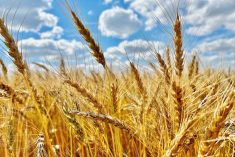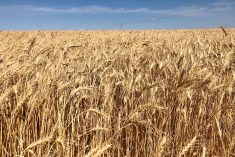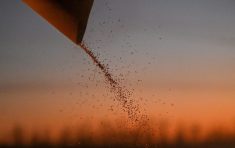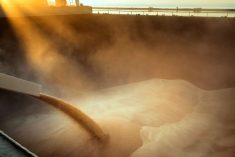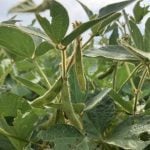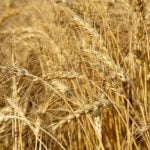Brussels | Reuters—Today European Union trade ministers agreed to impose prohibitive tariffs on cereals, oilseeds and derived products from Russia and Belarus from July 1, a move the bloc said would halt imports of these products.
The tariffs will be 95 euros ($102.76) per ton for cereals and 50 per cent for oilseeds. Tariffs will also apply to beet-pulp pellets and dried peas. The ministers’ decision follows a proposal from the European Commission on March 22.
The measure quickly drew Russian disapproval.
“The new messages from the EU will yet have to be analysed. But their ideology is clear – they want to squeeze Russia out of everything,” Russian Foreign Ministry spokeswoman Maria Zakharova told reporters at a weekly briefing.
Read Also
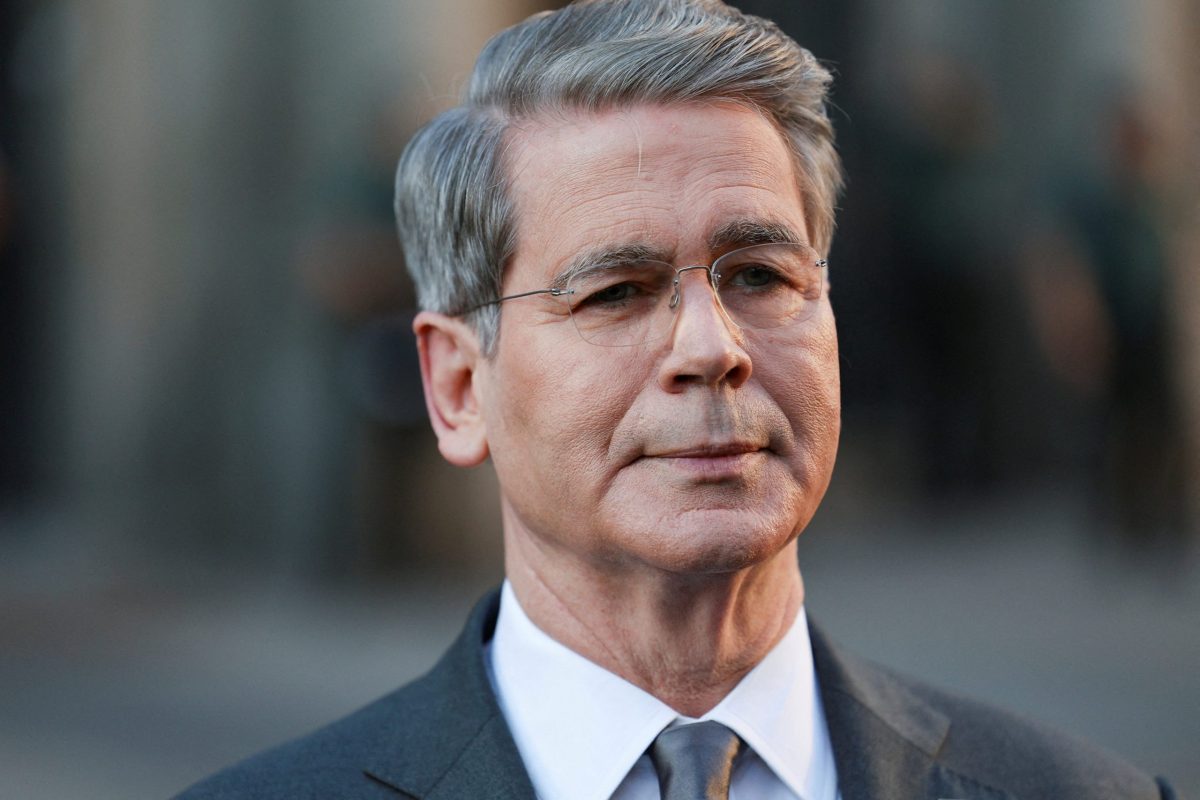
China to buy 12 million metric tons of soybeans this season, Bessent says
U.S. Treasury Secretary Scott Bessent said on Thursday that China has agreed to buy 12 million metric tons of American soybeans during the current season through January and has committed to buying 25 million tons annually for the next three years as part of a larger trade agreement with Beijing.
Vincent Van Peteghem, the finance minister of Belgium, which holds the rotating presidency of the EU, said the new tariffs were intended to stop imports of grain from Russia and Belarus into the EU “in practice”.
“These measures will therefore prevent the destabilisation of the EU’s grain market, halt Russian exports of illegally appropriated grain produced in the territories of Ukraine and prevent Russia from using revenues from exports to the EU to fund its war of aggression against Ukraine,” he said.
Russia exported 4.2 million metric tons of cereals, oilseeds and derived products to the EU in 2023, worth 1.3 billion euros ($1.4 billion). This represented about one per cent of the EU market.
The Commission has said there was a risk that imports could increase, given Russian overall wheat exports had risen to 50 million tons from the usual 35 million tons.
EU ministers said the increase in customs duties would not harm global food security as it would not affect the transit of the products through EU territory to third countries.
—Reporting for Reuters by Jan Strupczewski, additional reporting by Dmitry Antonov in Moscow



